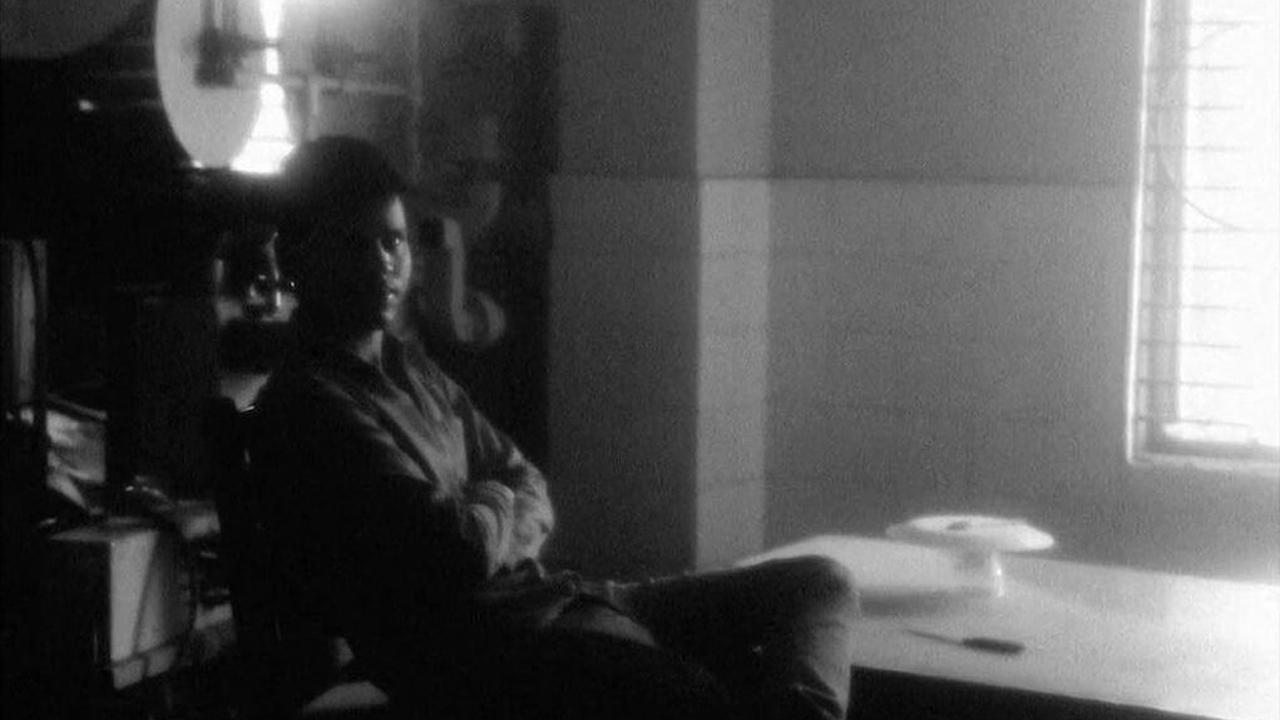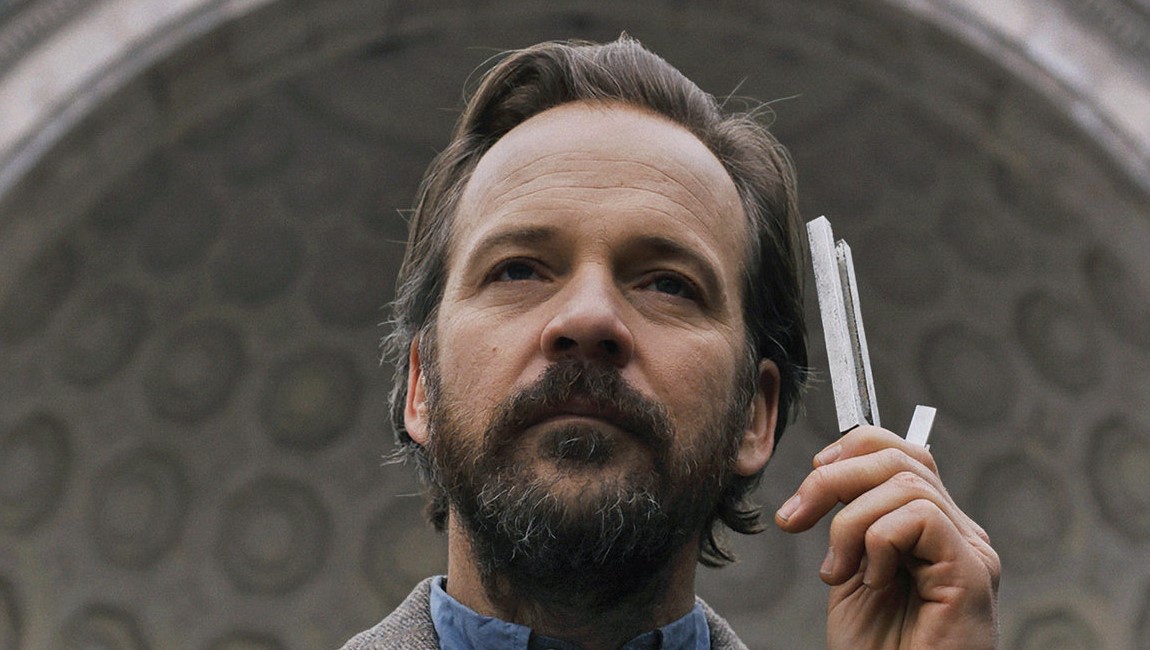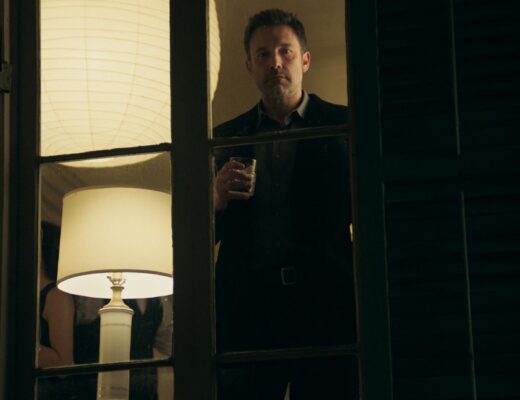A Night of Knowing Nothing is a fascinating work of formal and intellectual hybridity.
Beautifully dispatched through its entanglement of formal hybridity, Payal Kapadia’s A Night of Knowing Nothing burrows her contemplative sensibility into the archiving of a contemporary reality. On the fiction end of the work, if it can be called fictitious, we glean ephemeral insights into the perspective of an unknown narrator, catalogued simply through her anonymous letters. She documents her relationship with a lover, in conjunction with observations on the seething political tensions brought to the fore by India’s Modi regime. Weaving through this is a collection of vérité images, whether broadcast or iPhone-shot, edited to coalesce into an aesthetically uniform amalgam of lo-fi monochrome. What is then rendered can be described as a reconciliation with the disembodied, an intervention into the innate estrangement of the image. For that’s what lies at the core of her film: a discourse of the image, its immateriality in confrontation of real, material politics. Two quotes from our narrator come to mind: “Our memory cannot keep up with these times, it seems,” along with, “each image vanished as quickly and violently as it had appeared.”
Falling in and out of memory is certainly an act that mirrors the oscillating forms of the film. The vigor that anchors our position, that of students being systematically disenfranchised, their politics utilized as images by the state, against them — an image of pessimism persists. But what is the counter-image to be? For Kapadia, it is the impenetrable dreamscape: dreams, in their abstraction, in their sensitivity to our senses, are an enticing analogy for her montage. But that is also not wholly accurate; the film offers something far more tangible than the illogic of phantasmagoria. Here are instead dispersed images, commingling as a structure vying to represent the imagination of what it might be to exist tangibly, in reality: the dialectical image of independent filmmaking, versus the homogenizing image orchestrated by an ethno-nationalist state. In a dogfight for the ideology of the image, A Night of Knowing Nothing situates us in an uneasy attempt to reckon with the how, inquiring how we might be able to reconvene with the image, scrutinizing the past as something ductile, a spectre of unknown form, caught in-between the stasis of a lost history and an echo striving for someone, right now, to reclaim it.
Originally published as part of Cannes Film Festival 2021 — Dispatch 7.







